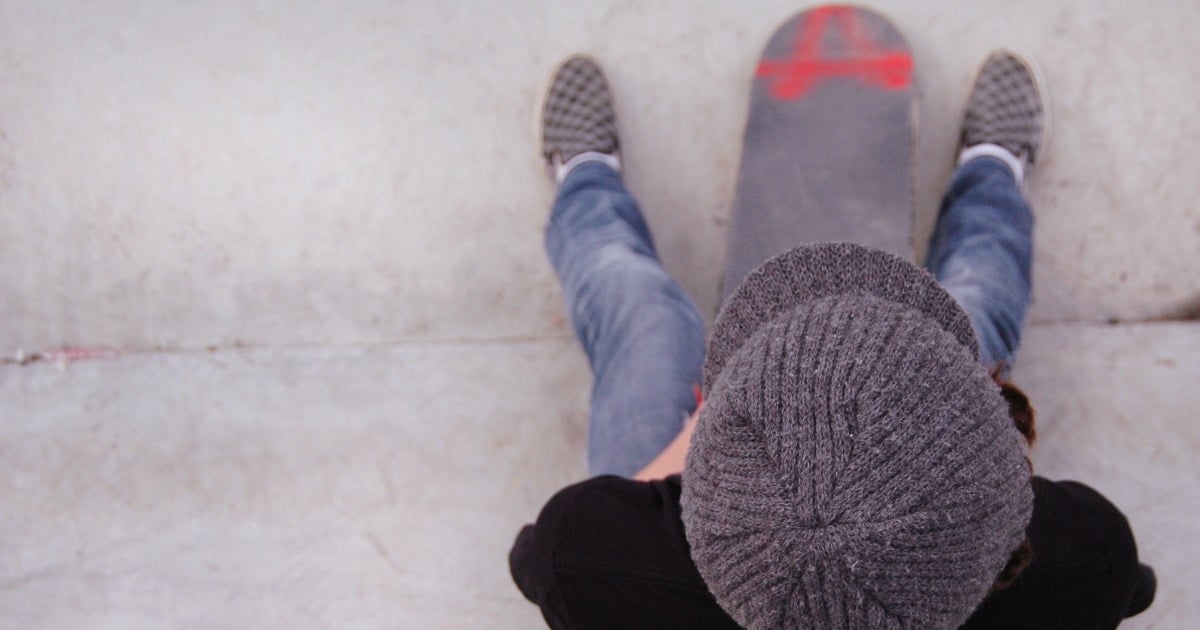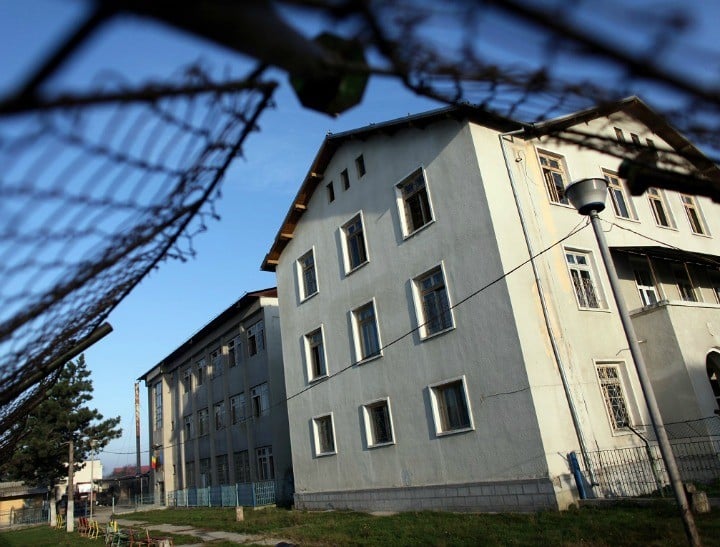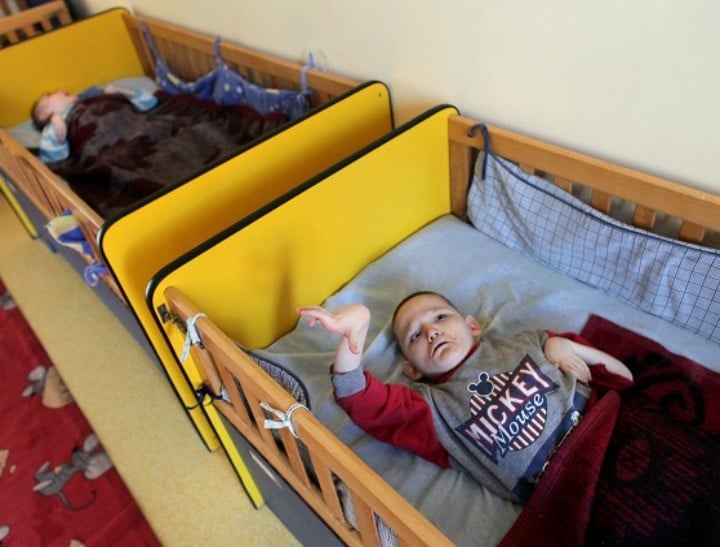When single woman Claire Patterson adopted a little boy in 2011, she never imagined she’d be handing him back to state care just two years later.
“It said in his child performance report that he was a healthy, babbling baby boy,” the 40-year-old photographer recounts on her website.
“I was thrilled when I was told I could collect him.”
But the British woman soon found the little boy was “seriously neurologically impaired”; he had breathing difficulties, couldn’t roll over at 18 months old, required numerous hospital stays and only spoke a single word: “Mummy”.
When the toddler began having dozens of seizures a day, Ms Patterson found she couldn’t facilitate his disability – and that despite her love for him, she ultimately “had to hand him back”.
“As a single adopter I was in no position to care for his extensive medical needs, maintain a roof over our heads and preserve any degree of normal life,” she says of the decision, which she describes as “heartbreaking.”
Ms Patterson’s distressing experience prompted her to set up Adoption Disruption UK, a support group for parents in similar circumstances. But it’s also swung the media spotlight back onto”re-homing” adopted children – a topic that provokes controversy every time it hits the headlines.




